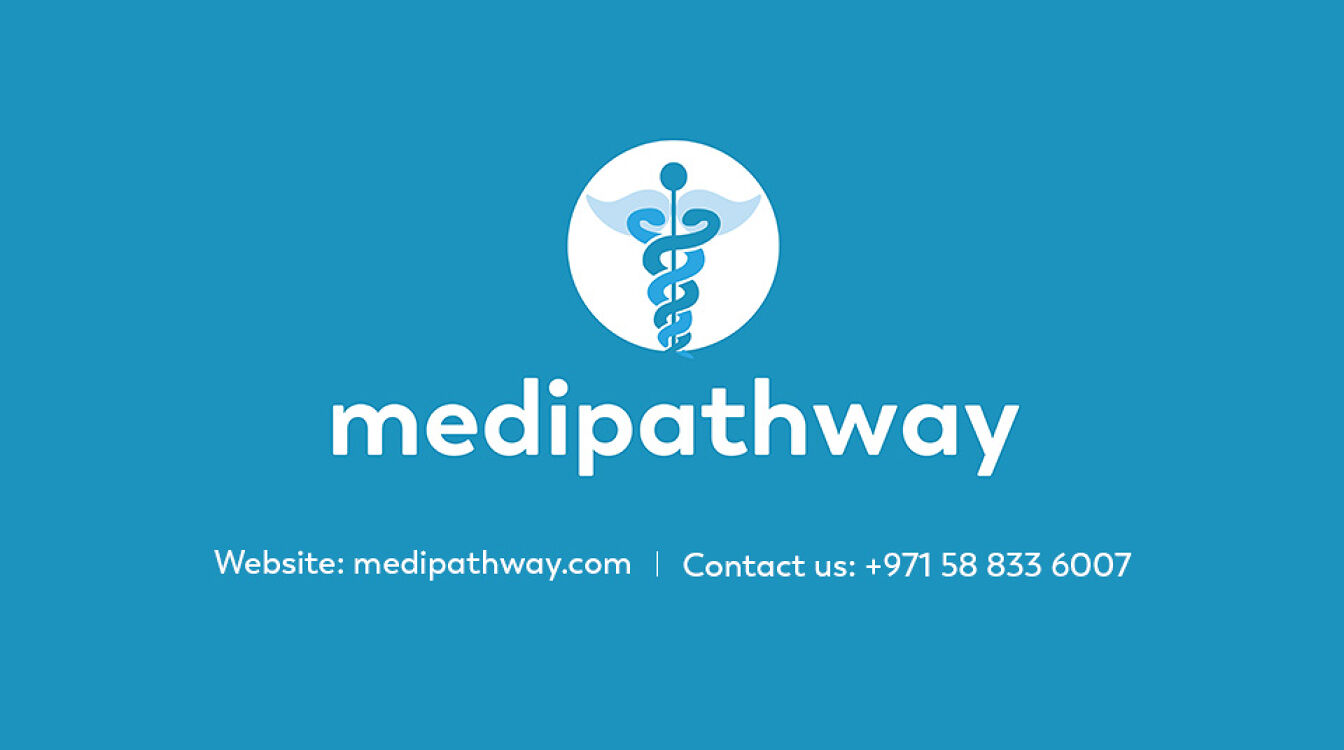Medipathway: The Process of Applying for Studying Medicine in the UK
The application process for studying medicine in the UK is highly competitive. In addition to the UCAS form, applicants must take the University Clinical Aptitude Test (UCAT).
Medical schools expect strong grades and may also require work experience. They will expect applicants to understand the NHS and to be able to answer questions about common illnesses like chronic fatigue syndrome, Lyme disease, and depression.
Admissions criteria
If you are thinking about studying medicine in the UK, you’ll have to meet a lot of academic requirements. You’ll also need to pass the UK Clinical Aptitude Test (UKCAT) or BioMedical Admissions Test. This test is designed to assess your skills and logical reasoning abilities. It’s also important to have good English-language ability. For international students, this can be a challenge. However, some medical schools accept IB or GCSE English as well as TOEFL scores.
In addition to the UKCAT and BMAT, most universities require a personal statement and panel interviews. These interviews can take place in person or on video and may include multiple mini-interviews. You must be able to answer questions about the NHS and the types of medical conditions you might encounter in practice.
Although UK medical schools are highly competitive, there are ways to increase your chances of acceptance. The most important thing is to prepare early. Make sure that you have strong grades and a convincing personal statement. Also, consider obtaining work experience in the NHS or a healthcare setting.
Preliminary year
Medical schools set their own entry requirements and they vary considerably. Typically, a medical degree requires at least three As at A level or equivalent and one of these must be in a lab-based science (such as biology or chemistry). Other subjects such as maths or physics may also be required, depending on the university.
Students who have fewer than the required number of As at A level or Scottish Highers can apply for Medicine with a Preliminary Year or Foundation year. This is a course that adds an extra year to the standard five-year undergraduate medicine program and is usually abbreviated as MBBS or MBChB.
This route allows students who do not meet the entry requirements for standard medicine to study the subject at a higher level, which will increase their chances of being accepted into a medical program. This is a very competitive process and it is not unusual for students to fail to be offered a place at their first choice. In these cases, they can try again the following year.
Entrance exams
If you are interested in studying medicine in the UK, you need to start planning for your application early. The process is very competitive, and you’ll need to meet a number of requirements to be successful. This guide will walk you through the initial parts of the application, from making sure that you have the right qualifications to writing a personal statement.
A Bachelor of Medicine is a degree that includes both classroom learning and clinical experience. The title of the course may vary from country to country, but it is typically abbreviated as MBBS, MB ChB, or BMBS. A Master of Medicine is a postgraduate degree that builds on the foundation of your undergraduate degree in medical research, clinical practice, and patient care.
Students who wish to study medicine in the UK must register with UCAS, the national university admission service. Applicants can apply for up to five courses, but they must select a minimum of four medical schools. They should also make sure that their A-level grades are high enough.
Interviews
If you have been invited to a medicine interview, it is essential that you prepare in advance. Each school has a different interview process and will provide more information in the invitation, so make sure to read it carefully. Medical schools will want to know why you have chosen them and how they can help you achieve your career goals. They will also ask you about your knowledge of the NHS and its current challenges.
Be prepared to answer questions about the NHS and its challenges, including funding, staff shortages, caring for an aging population, and treating lifestyle diseases such as obesity and smoking. It is not expected that you have detailed medical knowledge, but it is important to have a layperson’s view on current issues in healthcare. Keeping up to date with medical news and debates is also recommended. It will demonstrate your interest in the field and help you to stand out from other candidates.




Comments
Post a Comment